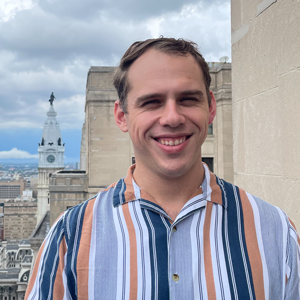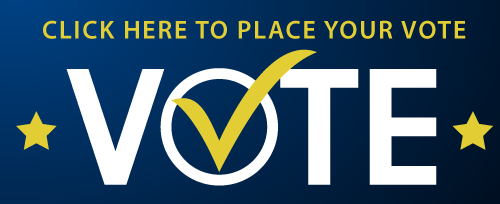Sam Forman
Candidate for Board of Directors
Essay about the future of social studies in Pennsylvania.
The future of social studies in Pennsylvania is to me a story of opportunity. There is so much Pennsylvania has going for it to make it the standard-bearer in the United States for a quality social studies education. A foundation for success exists, but that foundation requires diligent building for sustained impact. That foundation begins with what Act 35 gets right - the three pillars of civic education: knowledge, skills, and actions. These are a roadmap for an impactful social studies education from K-12 and beyond that are unfortunately hardly ever followed in the United States, including PA. Our approach to social studies education has too often resembled a ladder without a bottom rung. Without the investment in K-5 social studies infrastructure, we have failed to equip students to succeed as they reach the increased expectations of higher grades. Nearly every student takes a dedicated social studies class in every grade from 6-12, but very little is done to prepare them for the expectations of those specialized courses. K-5 is a missed opportunity to build a foundation of knowledge, a necessary first step towards the development of civic skills that turn into lifelong actions. I believe in approaching these pillars sequentially with selective overlap, ensuring that students have a strong foundation of knowledge from which to better understand the skills and actions that make for engaged participants in the public sphere. The earlier that knowledge is secured, the sooner students can meaningfully engage with the higher-order thinking opportunities that social studies exists to provide.
The future of social studies in Pennsylvania rests on our ability to invest in a methodological reorientation and expansion of our processes and support these changes wholesale. Luckily, that support infrastructure already exists in a number of key ways. For example, Pennsylvania is uniquely well-positioned to invest in teacher training for down-the-line impact. Pennsylvania boasts the fourth-most colleges of any state, many of which have teacher training programs. Without having to look elsewhere, we can ensure that the future of social studies here is supported by excellent teaching. Additionally, there is an incredible investment in historical preservation and celebration from our biggest cities to smallest towns, and an infrastructure to bring those efforts to the classroom. We have organizations of all types and sizes that want to see social studies thrive here and now, and we must continue to utilize these institutions for collective impact. When combined with the existence of a solid legislative framework for teaching social studies, there is a lot to work with. My interest in being on this board is rooted in being part of a group that is having the necessary conversations to ensure there is a bright future for social studies in this incredible place!

 I am Sam Forman and I am interested in running for PCSS Board. Since I was 16 years old, I knew I wanted to be a social studies teacher. It was always my favorite subject in school, but with the strong mentorship of incredible teachers, I saw from my teen years that there was power in knowing history and the perspective it gives someone on who they are, where they are. In my 10th grade US History II, the final 3 weeks were reserved for a seminar project. In small groups, students were tasked with preparing a full 85 minute lesson on a subject from the scope and sequence of the course. After my partner and I built and executed a two-day lesson about westward expansion and the U.S. Mexican War, my teacher, the great Mrs. Olivia Betances, asked me if I’d ever thought about teaching. Perhaps it was the excellent interactive explanation of the U.S. annexation of Texas through a modified game of “Red Light, Green Light, 1, 2, 3” on the front lawn of the school that made her realize I had a mind for historical significance and a knack for lesson design, but she saw something in me that I had not.
I am Sam Forman and I am interested in running for PCSS Board. Since I was 16 years old, I knew I wanted to be a social studies teacher. It was always my favorite subject in school, but with the strong mentorship of incredible teachers, I saw from my teen years that there was power in knowing history and the perspective it gives someone on who they are, where they are. In my 10th grade US History II, the final 3 weeks were reserved for a seminar project. In small groups, students were tasked with preparing a full 85 minute lesson on a subject from the scope and sequence of the course. After my partner and I built and executed a two-day lesson about westward expansion and the U.S. Mexican War, my teacher, the great Mrs. Olivia Betances, asked me if I’d ever thought about teaching. Perhaps it was the excellent interactive explanation of the U.S. annexation of Texas through a modified game of “Red Light, Green Light, 1, 2, 3” on the front lawn of the school that made her realize I had a mind for historical significance and a knack for lesson design, but she saw something in me that I had not.